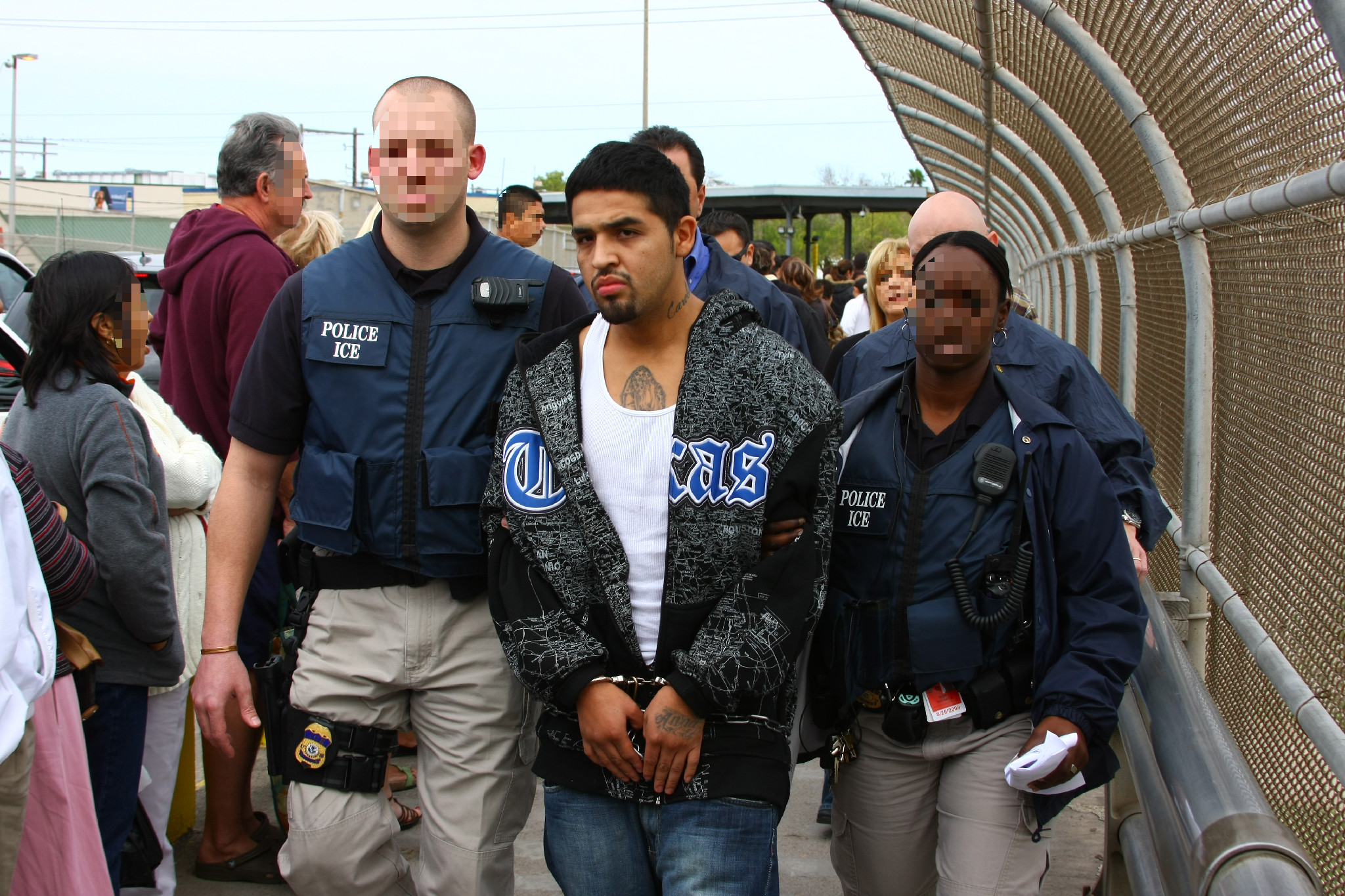

Long-term institutionalization funded by the government (for example, Medicaid-financed care in a nursing facility).

The ONLY public benefits considered in a public charge determination are: Participation in most public benefits, including ACL’s programs, will not adversely impact a citizenship or residency determination under the new rule. This is evaluated by looking at prior and current use of certain public benefits as well as other factors such as age, health, and financial resources. Someone may be considered a “public charge” if they are likely to become primarily dependent on the government for subsistence. What’s most important for older immigrants and immigrants with disabilities to know? It includes several provisions that directly affect older immigrants and immigrants with disabilities, their families and caregivers.įor more information and background on the history of the public charge policy, see ACL's March 2022 blog post on the Notice of Proposed Rulemaking and the July 2021 blog post on the history of public charge rulemaking, as well as these resources from the Department of Homeland Security.
HOMELAND SECURITY IMMIGRATION SERIES
The Department of Homeland Security (DHS) has finalized a rule defining the criteria it uses when determining whether a person can be denied a visa and/or legal residency because they are likely to become a “public charge.” The final rule comes on the heels of the proposed rule, published February 24, 2022, and is the latest chapter in a long series of regulatory and legal actions surrounding the public charge policy.


 0 kommentar(er)
0 kommentar(er)
